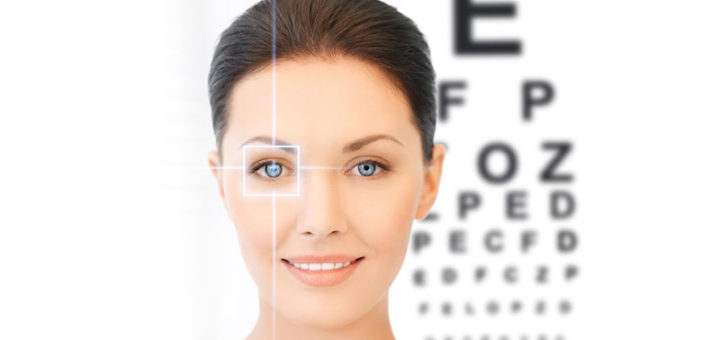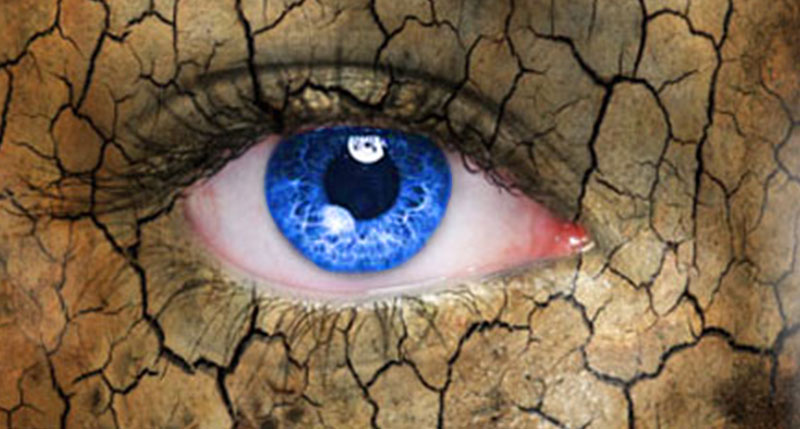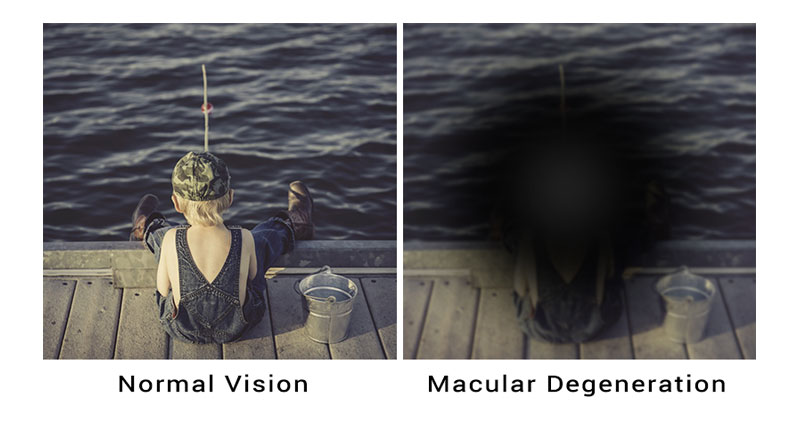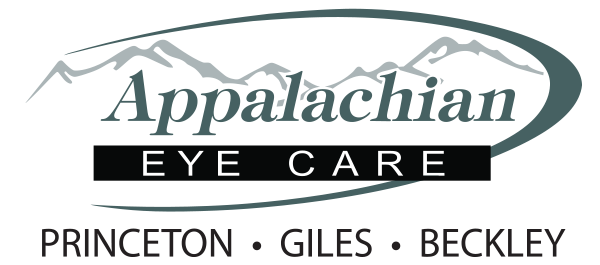
by Appalachian Eye Care - Princeton & Giles | Jan 17, 2017 | Optical News, Uncategorized
“Eyeglasses? No thanks, I wear contact lenses” Your eyecare professional will guide you through the decision process but the best vision solution for your eyes often includes both eyeglasses plus contact lenses. Choosing to wear eyeglasses or contact lenses for vision...

by Appalachian Eye Care - Princeton & Giles | Jan 4, 2017 | Optical News, Uncategorized
With good communication between us and your vision insurance carriers, we can often get vision plan benefits to apply to medically necessary contact lenses. Elective contact lenses for cosmetic purposes are often covered as well. It all starts will all of us being on...

by Appalachian Eye Care - Princeton & Giles | Dec 15, 2016 | Optical News, Uncategorized
1. Sharp-Edged ToysAs gifts are opened Christmas morning, take the time to check for any sharp/pointy edges. Eye injuries often occur on Christmas Day when excited children play with new toys. 2. Mistletoe CollisionsThe mistletoe is meant to be a surprise, but...

by Appalachian Eye Care - Princeton & Giles | Dec 13, 2016 | Optical News, Uncategorized
Are you considering LASIK? Here are a few of the questions to ask during your appointment: Is my prescription within the approved range? LASIK is approved by the FDA to treat certain degrees of nearsightedness, farsightedness and certain types and degrees of...

by Appalachian Eye Care - Princeton & Giles | Nov 2, 2016 | Optical News, Uncategorized
In the U.S. there are between 20-30 million dry eye sufferers. Unfortunately only about 5% of those have been diagnosed with the disease and treated. Millions of people are unaware that there is a solution to their discomfort. Dry Eye Syndrome happens when your eyes...

by Appalachian Eye Care - Princeton & Giles | Oct 24, 2016 | Optical News, Uncategorized
As the US population ages, cases of Age-related Macular Degeneration (AMD) are expected to double. Right now more than 2 million people are affected by AMD. Although AMD is the most common cause of eyesight problems in people over 50 years old, it doesn’t affect...







